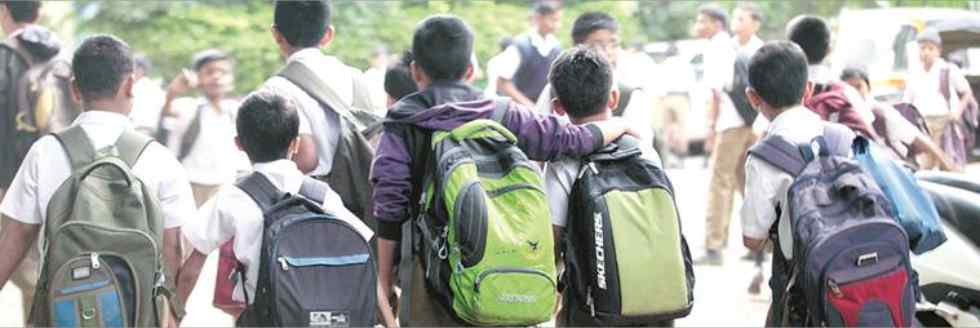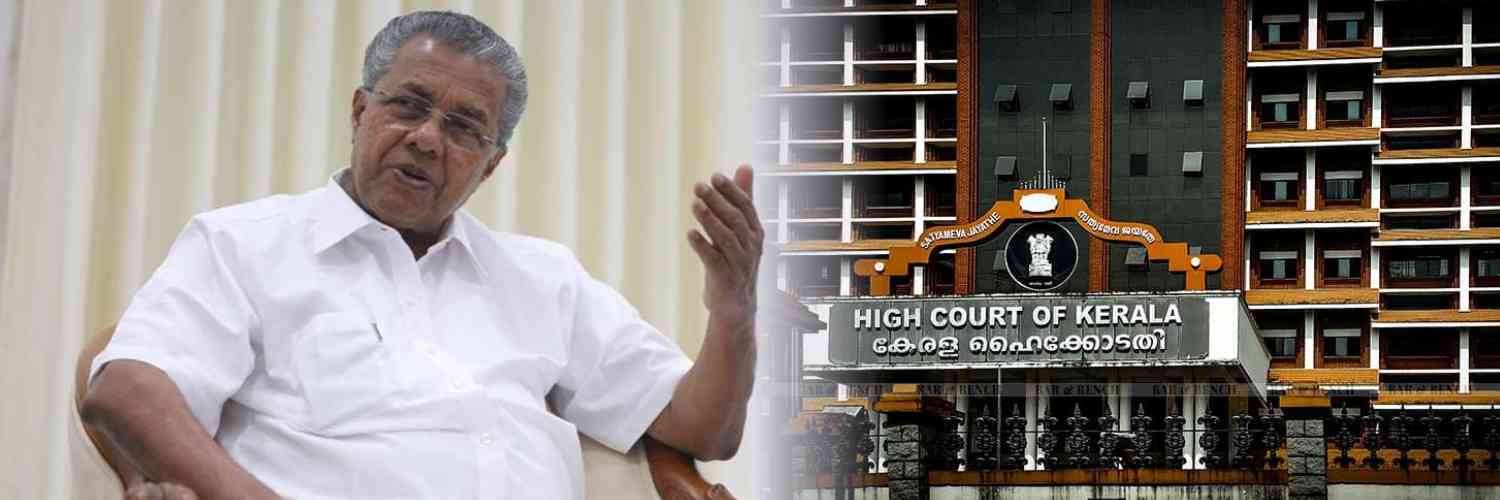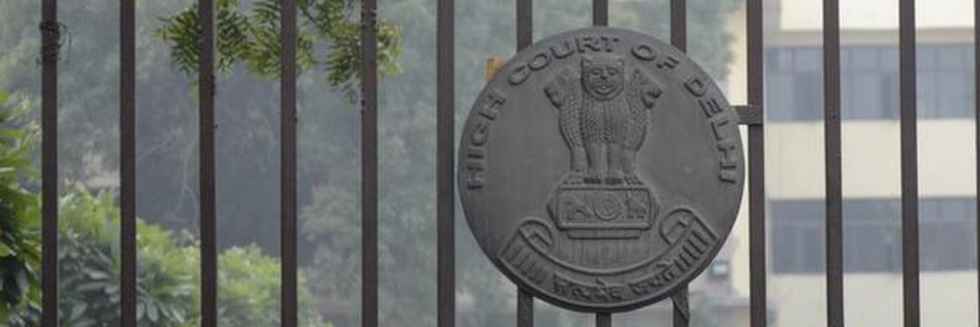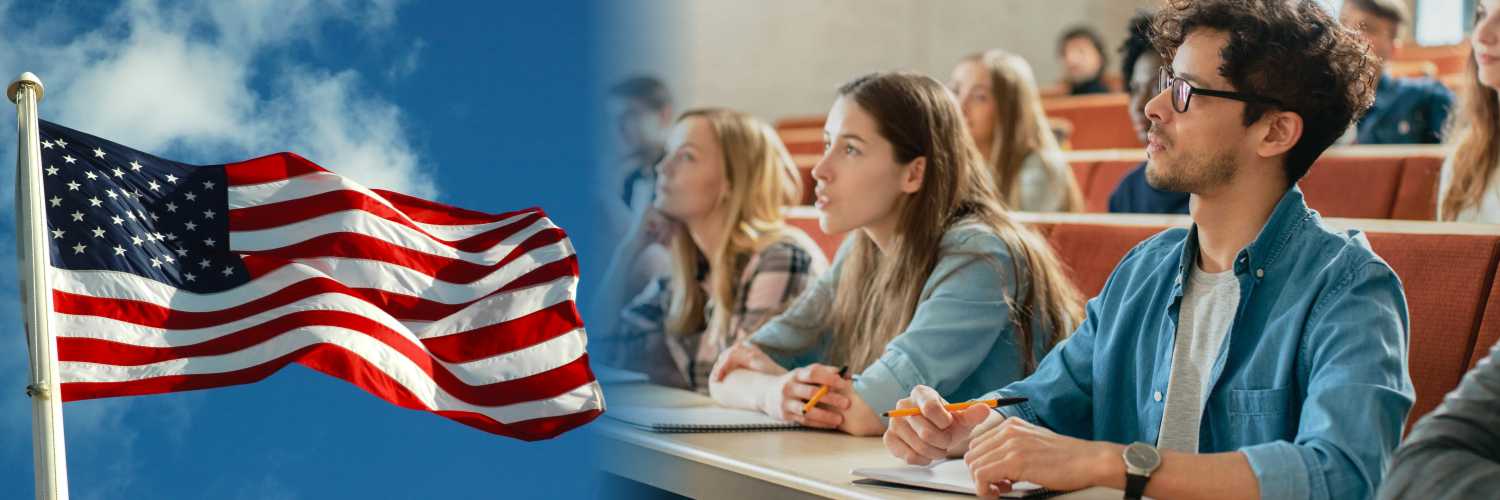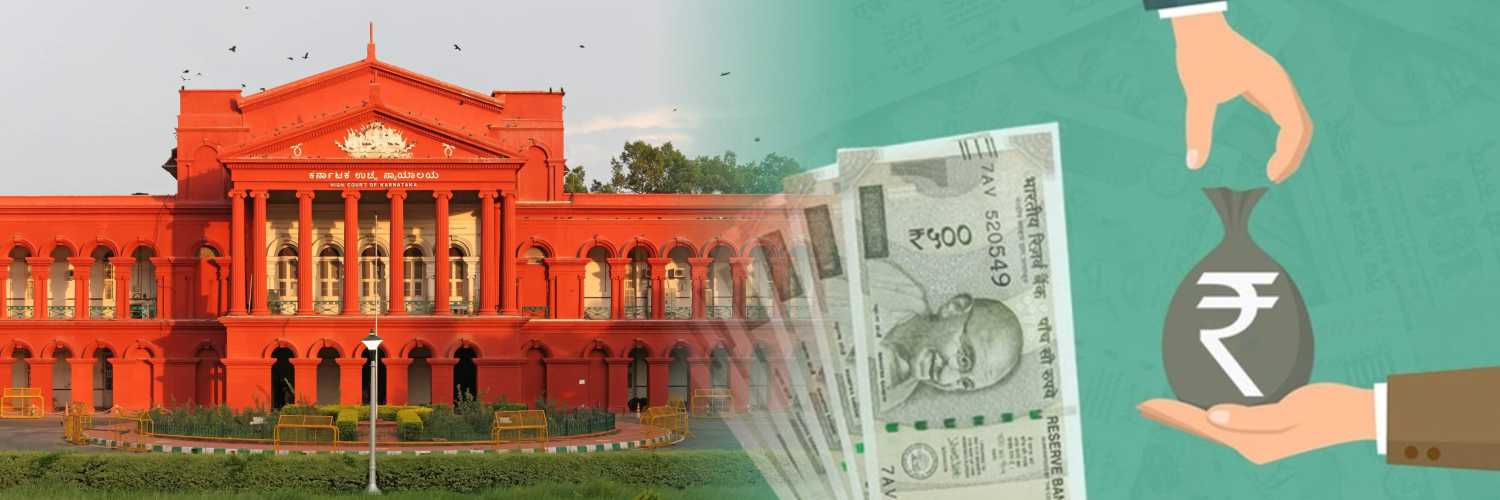The directive issued by the Uttar Pradesh government, prohibiting private coaching institutes from conducting late-evening classes for female students, has stirred a heated debate at the intersection of women’s safety and education. Part of the Safe City project, an initiative aimed at ensuring the safety of women, children, and senior citizens, the directive has become a focal point for discussions on social media.
Critics argue that the directive poses a threat to the dreams and aspirations of female students, contending that it contradicts electoral promises made by the Bharatiya Janata Party (BJP) to enhance the safety of women in Uttar Pradesh. From this perspective, the restriction is seen as a setback, limiting women’s access to educational opportunities and impeding their progress.
BJP during election: Girls wearing jewellery can ride their ‘scooties’ at ‘midnight’ in UP due to BJP’s govt.
BJP after election: UP govt prohibited late ‘evening’ coaching classes for girls due to safety.#Noida
— Charu Yadav (@YadavCharu28) November 26, 2023
Making girls sit at home in the evenings as part of Safe City is irony looking itself! So wrong at many levels. This will kill so many dreams! #UPhttps://t.co/QC6ONODFlS
— R P G (@Unschackle) November 26, 2023
Curiously the “Safe City Project” in UP has come up with the revolutionary idea of keeping girls “safe” by forbidding coaching classes for girls after 8 PM. Boys can study till midnight or more — No issues. But you see, girls are at-risk species and the best way for them to be… pic.twitter.com/0mPMtHOHdh
— Gourav Mohanty | ⚔️SONS OF DARKNESS⚔️ (@MohantyGourav7) November 26, 2023
This isn’t new. Girls in India have always had to fight for the most basic freedoms. But it felt like we have been on a positive trajectory this last decade or so. Moments like Pinjra Tod were steps in the right direction.
This move by the UP government is definitely not. (4/n)— Sailee Rane (@sailee_rane) November 26, 2023
Safety guidelines in Noida means there cannot be any evening coaching classes for women 🙈🙈🙈
Instead of making the city SAFER they are preventing women from attending coaching.
That’s not how a smart city or safer city should work. https://t.co/qpb4mQISIA— Gargi Rawat (@GargiRawat) November 26, 2023
On the contrary, some social media users endorse the directive, asserting that it is a necessary measure for the protection of women. They argue that, until overall safety in the city improves, guidelines prioritizing women’s security are essential. Some proponents even suggest that online classes can serve as a viable alternative during this period.
The directive has also prompted discussions about the disparate treatment of male and female students. Observers have pointed out the absence of similar restrictions on male students, prompting questions about inherent gender bias and the need for equitable opportunities in education.
Opinions on the directive diverge, but it has undeniably initiated a meaningful conversation on crucial issues such as women’s safety, access to education, and the government’s role in fostering an inclusive learning environment for all students.
- Directive Details: The directive instructs private coaching institutes not to conduct late-evening classes for female students as part of the Safe City project, an initiative focused on ensuring the safety of women, children, and senior citizens.
- Critics’ Perspective: Critics argue that the directive is discriminatory and poses a threat to the aspirations of female students. They claim that it contradicts electoral promises and restricts women’s access to education.
- Supporters’ Perspective: Supporters believe the directive is a necessary step for prioritizing women’s safety. They argue that, until overall safety improves, guidelines like these are needed to protect women, suggesting online classes as a temporary alternative.
- Debate on Gender Treatment: The directive, applicable only to female students, has sparked concerns about gender bias. Some argue that similar restrictions should be imposed on male students, emphasizing the importance of equal opportunities for all in education.

